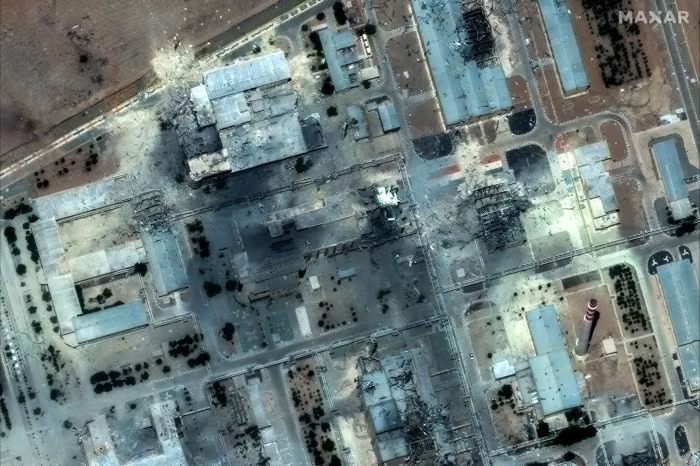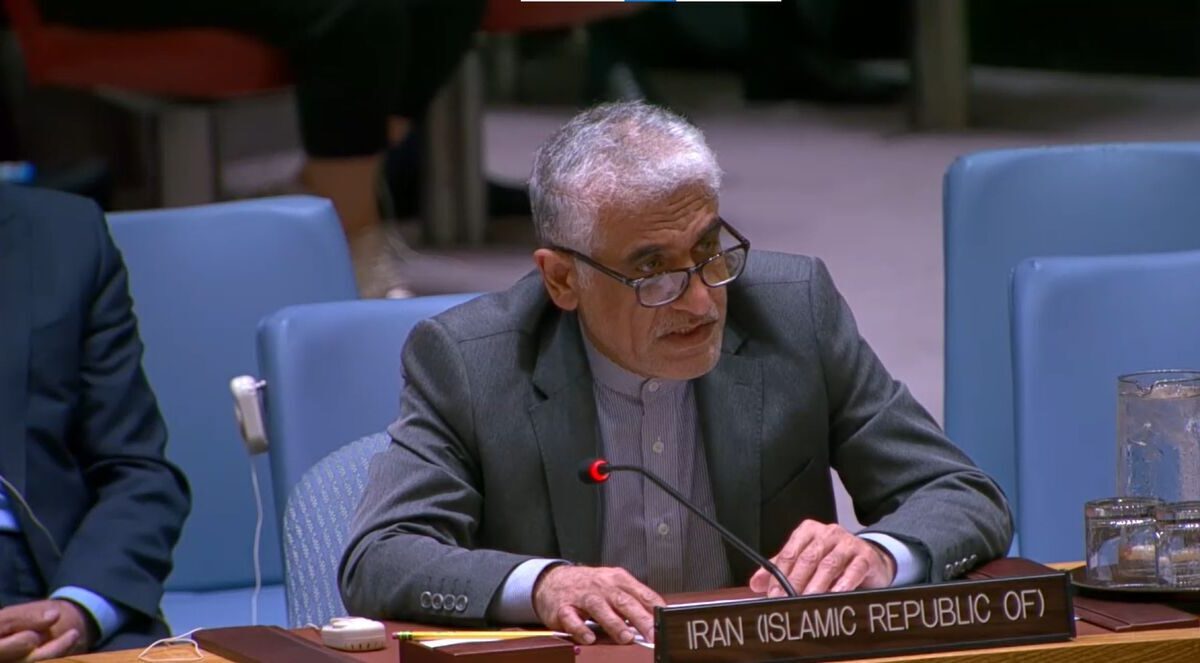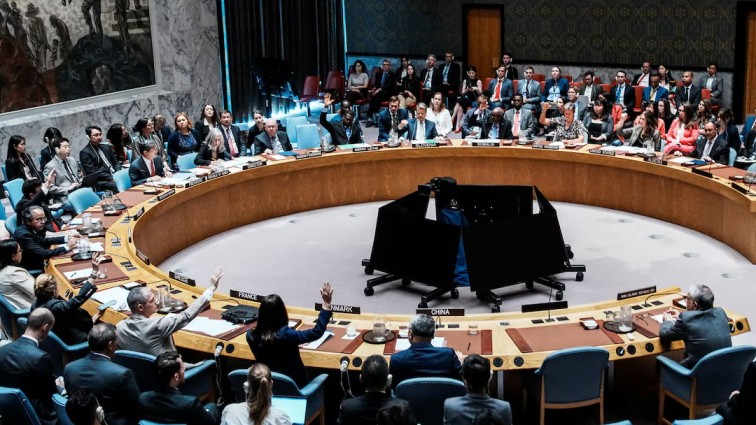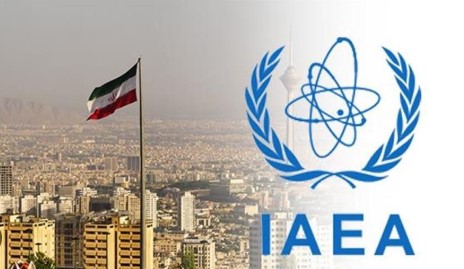
Early U.S. Intelligence: Iran’s Nuclear Program Not Destroyed in Airstrikes
- World News
- June 24, 2025
- No Comment
Report by “Safarti Tarjuman” International News Desk
WASHINGTON — Initial assessments by US defense and intelligence officials indicate that the recent American military strikes on Iran’s nuclear infrastructure did not achieve the destruction of the country’s core nuclear capabilities, according to sources familiar with a classified report by the Defense Intelligence Agency (DIA).
The evaluation, based on post-strike analysis conducted by US Central Command, reveals that while the strikes damaged surface-level structures at key sites—Fordow, Natanz, and Isfahan—Iran’s underground enrichment facilities and stockpiles of enriched uranium remain largely unharmed.
Despite President Donald Trump’s public declaration that the mission “completely and totally obliterated” Iran’s nuclear infrastructure, intelligence sources estimate the strikes may have delayed Iran’s program by only a few months.
The US operation, conducted using B-2 bombers and Tomahawk missiles, targeted three of Iran’s main nuclear facilities. While the attacks damaged above-ground components such as electrical infrastructure and uranium processing equipment, intelligence officials say critical underground enrichment halls survived the bombardment.
“There’s no evidence the core components of the nuclear program were destroyed,” one official stated. “Centrifuges appear mostly intact, and uranium stockpiles were not affected.”
Satellite imagery reviewed by defense analysts supports these findings, showing widespread surface damage but little sign of structural compromise to deeply buried sites.
White House Press Secretary Karoline Leavitt rejected the leaked intelligence, calling it “flat-out wrong” and attributed the leak to “a low-level loser” trying to discredit the administration.
Defense Secretary Pete Hegseth insisted the mission was a success. “Our massive bombs hit exactly where they needed to,” he said. “Iran’s nuclear ambitions have been crushed.”
However, Gen. Dan Caine, Chairman of the Joint Chiefs of Staff, urged caution, noting it was “too early” to conclude whether Iran’s nuclear capability had been eliminated.
Planned classified briefings for the U.S. House and Senate were abruptly canceled, raising concern among lawmakers. Senate sources said a rescheduled meeting would take place Thursday, but no timeline was confirmed for the House.
Rep. Pat Ryan (D-NY) criticized the delay on X, saying, “Trump canceled a classified House briefing on the Iran strikes without explanation. His team can’t back up the bluster.”
Nuclear weapons expert Jeffrey Lewis of the Middlebury Institute warned that the strikes failed to neutralize Iran’s program. “The most heavily fortified facilities, including Isfahan and Fordow, remain operational. These could quickly allow Iran to rebuild,” he said.
Notably, Isfahan—buried deeper than other sites—was struck using Tomahawk missiles rather than the US’s bunker-buster bombs, which officials feared wouldn’t penetrate its lower levels.
Thank you for reading! For comprehensive news coverage and exclusive stories, visit SafartiTarjuman.com







